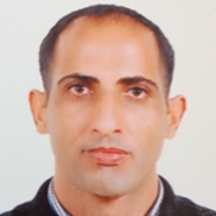E-governance for sustainable development in MENA countries
Efforts to create digital government in the Middle East and North Africa are typically perceived as technical support activities and not as a core strategic component of public sector activities. As this column explains, the alternative would be that e-governance is value-driven instead of technology-driven: it should become an enabler of sustainable development.
Healthcare system efficiency in MENA countries
How efficient are healthcare systems in the Middle East and North Africa in terms of their use of resources and health outcomes? This column reports evidence on 18 systems in the region, which sheds light on the key determinants of efficiency to inform healthcare policy decisions.


